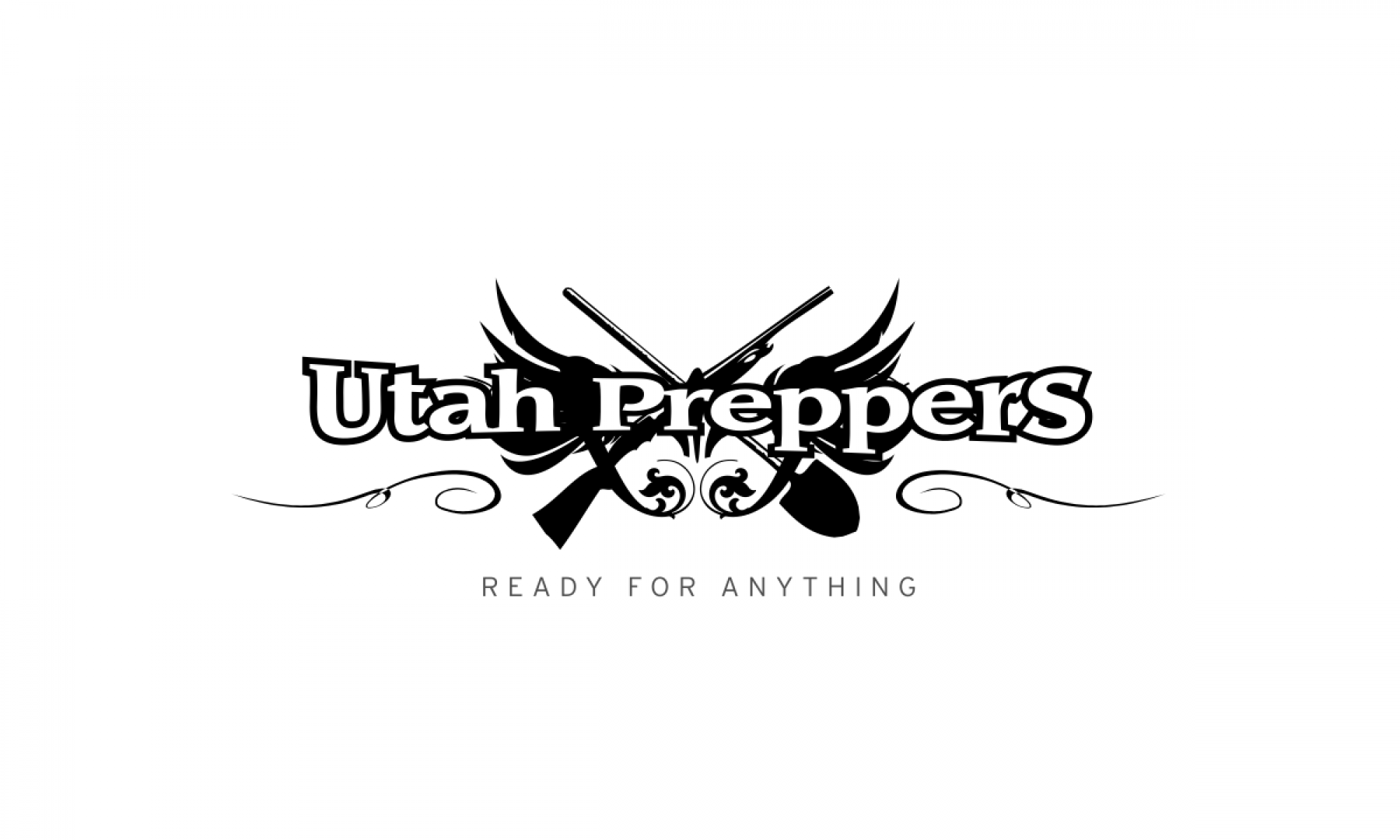 The wealthy prepper boasted to his friend about his huge propane tank buried in his yard, an endless supply of fuel, food stores for years, and well, basically everything he thought he might need he had purchased. “What do you think of all this?” he asked his friend. His friend paused for a moment and then asked, “so, what do you think is going to happen when you’re the only house on your block with the lights on, while all your neighbors are cold, starving and miserable?”
The wealthy prepper boasted to his friend about his huge propane tank buried in his yard, an endless supply of fuel, food stores for years, and well, basically everything he thought he might need he had purchased. “What do you think of all this?” he asked his friend. His friend paused for a moment and then asked, “so, what do you think is going to happen when you’re the only house on your block with the lights on, while all your neighbors are cold, starving and miserable?”
Reality is that money can never buy enough supplies, tools, water, guns, food, etc. to prepare for every disaster scenario. On the other hand, I’m sure that anyone reading this could spend a million dollars in a day, just on preparedness. But is money all that it takes to be prepared?
Scenario planning has been mentioned by several authors before and I’d like you to consider a few questions. If done correctly, scenario planning will bring peace and not fear. The mental exercise of scenario planning is like an athlete that runs through his routine, event, etc. in his mind and visualizes himself doing everything flawlessly to win. As you visualize each type of emergency one by one in your mind, where you will be, what you will experience, who you will be with, what challenges you will face, etc. when a true emergency presents itself, you won’t be scared because you’ve been there, done that. You will have worked through the emotional struggles, anger, frustration, fear, pain, etc. and discovered ways to alleviate them.
Scenario Planning Exercise – visualize each of the following: earthquake, flood, famine, pandemic, war, EMP, financial collapse, nuclear bomb, etc. and then for each of these ask yourself the following questions.
- If I could only have what I was wearing or in my pockets, and nothing else, what would I want in my pockets? What would I want to know? Where would I go? Who would be with me? What would my environment be like?
- If I now had a bag of supplies and equipment, how would the scenario change and how would I answer the previous questions?
- If it was safe to stay at home, how would the scenario change and how would I answer the previous questions?
- If I was at work when the emergency happened, how does the scenario change?
- If I was on vacation when the emergency happened, then what?
- If my house was destroyed by a natural or man-made disaster and all my preparedness supplies are destroyed, then what?
- Do my kids, family, loved ones know the answers to these questions?
- Where would your loved ones meet if the emergency happened while at school?
- In each of the scenarios, what supplies, tools, etc. would you want no matter what? Enough that you would always have them with you?
- How long does the emergency last? Do things return to normal afterwards or is a complete rebuilding necessary? For each scenario adjust your time frame from a week, a month, a year, more. What changes?
- Did you find some gaps in your understanding of what each scenario would actually be like? Do you know the effects of an EMP or nuclear bomb for example? What questions do you now have? Who will you ask? What books, etc. would you want to read to find answers?
- What skills, knowledge, experience, attitudes, talents, would you like to acquire to become better prepared for these scenarios? Make a list.
- Are you more at peace now, or are you freaked out beyond reason?
Of the people I have met that I feel are truly prepared, I have come to realize that being prepared is a lifestyle choice. Those that are less prepared generally just want a list, a kit, a quick fix so they can check preparedness off their To Do list and not worry about it. Those that are truly prepared have done the Scenario Planning Exercise, uncover their own gaps and then seek out the best solution for them. It becomes more personal. On the other hand, you have those that just buy whatever an “expert” recommends or sadly do nothing at all. The truly prepared ask experts whether they’ve actually used, tried or lived what they are recommending and they gain their own experience by actually using what they have instead of just throwing it in their basement, truck, backpack, whatever for when they might need it.
Please take a few moments and do the Scenario Planning Exercise. Print off this article and write down your answers, questions, impressions, etc. Make a priority list of things you want to learn, acquire and experience. Do this exercise with your loved ones. As you accept this challenge and do the Scenario Planning Exercise, return here to share your insights in the comments below so that we can all benefit from what you have discovered.


Good advice Utah, it’s just just about having a ton of preps.
Good advice Utah, it’s just just about having a ton of preps.